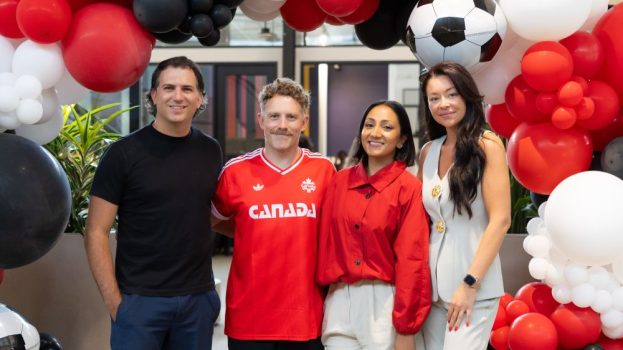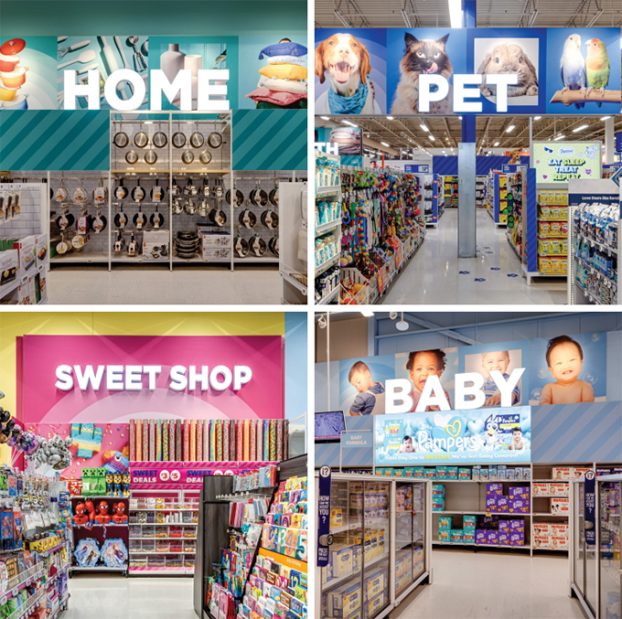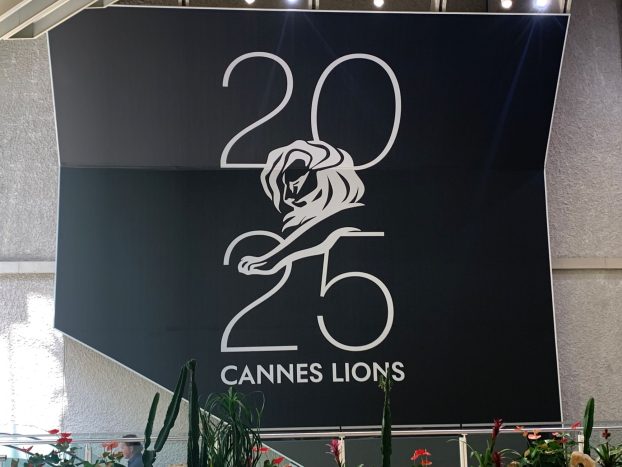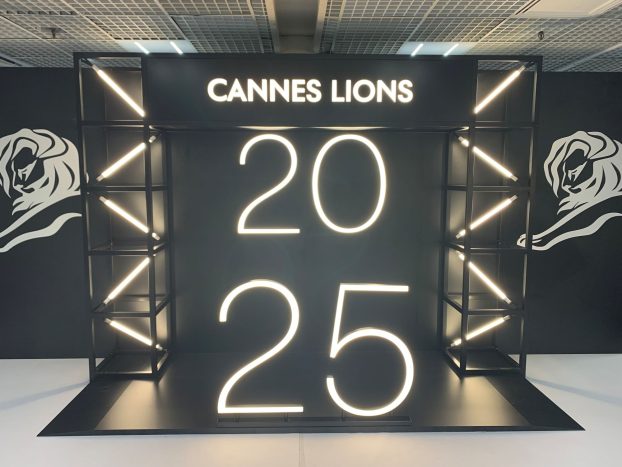By Zak Mroueh
Cannes 2019 is officially complete. As the magic of being in the south of France subsides, agency executives return to the realities of daily agency life and the still-lingering uncertainty about the future of our industry. In Cannes, many speakers touched on this subject.
But it’s time we were honest with ourselves. If agencies had stronger relationships with clients, the existential crisis facing our livelihood – seemingly from management consultancies and social media giants to advertising automation firms – probably wouldn’t worry us as much.
Our industry has to build a stronger foundation. And that starts at the first point of contact between an agency and client – the RFP.
Clients and agencies would both be well-served to work together to adopt new practices, codes of behavior and etiquette around RFPs. Collectively, we need to improve the process for clients, agencies and, yes, even those who we perceive to be our industry’s biggest threat, the management consultancies (as evidenced by Accenture’s recent purchase of Droga5, they’re a serious player in the ad industry now, too).
After eight years of not participating in spec creative pitches, here are some things Zulu Alpha Kilo has observed about the RFP process and how to improve it:
We are all human
We suggest clients don’t send out an RFP to agencies with an automated “to whom it may concern.” Automation has a role in our industry, but not in relationship-building. For the time being, agencies are run by human beings, not robots. So if you act like one, you risk scaring away great agencies who will see this as a red flag of a bureaucratic, impersonal process.
Skip the cattle call
We’ve experienced pitches that start with more than 20 shops, as well as pitches that shortlist seven or eight agencies. Neither of those are short. When so many agencies are invited to compete for an account, that indicates the client may not know what they want in a potential partner.
Outline the full process
RFP ground rules should be well-established from the beginning. Be sure agencies are competing on equal terms and the consequences for any shop that breaks them are well-communicated.
#SayNoToSpec
Spec work has become so entrenched in our industry, it often means that incredibly talented freelancers are simply brought in to fill in for pitches. They do the work for the full-timers who will actually work on the business but are too busy to work on the pitch. As a client, this means you’re not getting a clear picture of the kind of work you would actually get from the team that would work on your business.
Stay off your phones
Nobody wants to work with clients or agencies who spend the entire time on their phones. Be respectful. Treat your time together as a first date and see what the chemistry’s like. Also, don’t go into that first meeting not knowing the basics about each other. In one pitch that we won, our client later told us another agency president showed up unknowingly consuming a competitive product. They lost the pitch before their first slide.
Avoid a pitch altogether
Long-term client and agency relationships sometimes hit a rocky patch. Before you issue an RFP and throw in the towel, hire a reputable pitch consultant. There are many good ones who can perform a relationship audit and not only rescue the partnership, but make it stronger. Think of it like marriage counselling. Another option for clients is to look at the agencies behind the work they admire and simply reach out. Start the agency with a project and, if you like the shop, maybe skip the expense and time of a pitch altogether.
If our industry can start to make some changes to the RFP process, clients and agencies will have a sturdier foundation from the get-go and together do better work along the way. Our success as providers of creative work depends on it, because the real threat isn’t management consultancies. It’s clients who believe pulling their advertising in-house is a better option than issuing an agency RFP in the first place.
Zak Mroueh is the founder, CCO and CEO of Zulu Alpha Kilo.
























